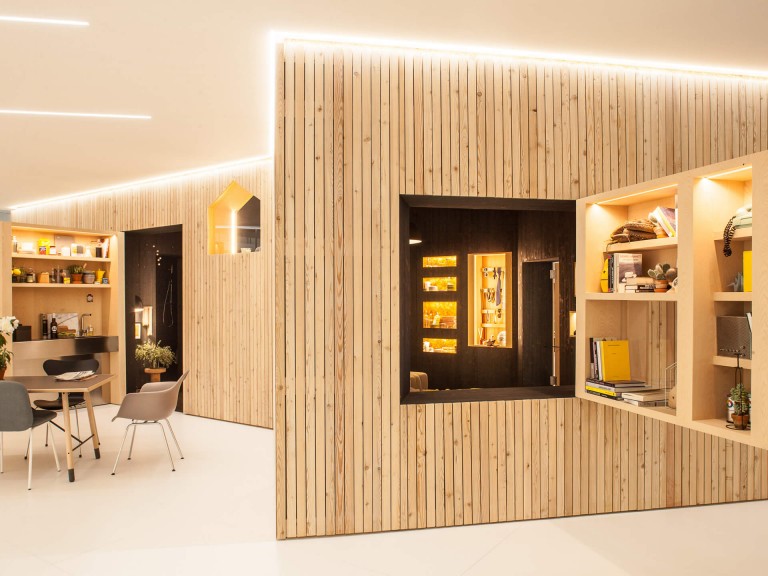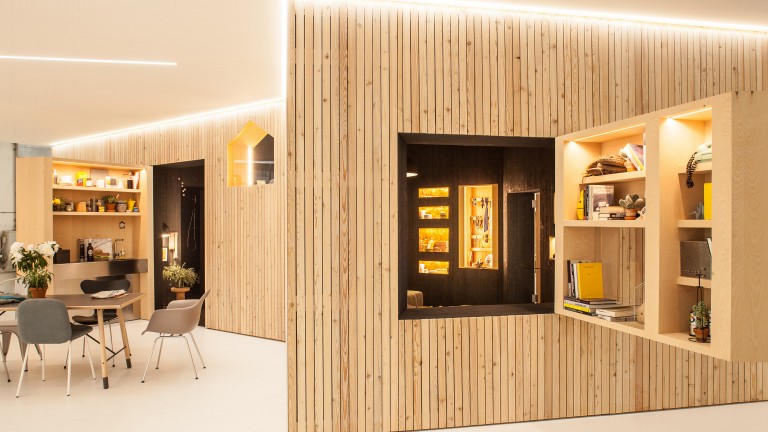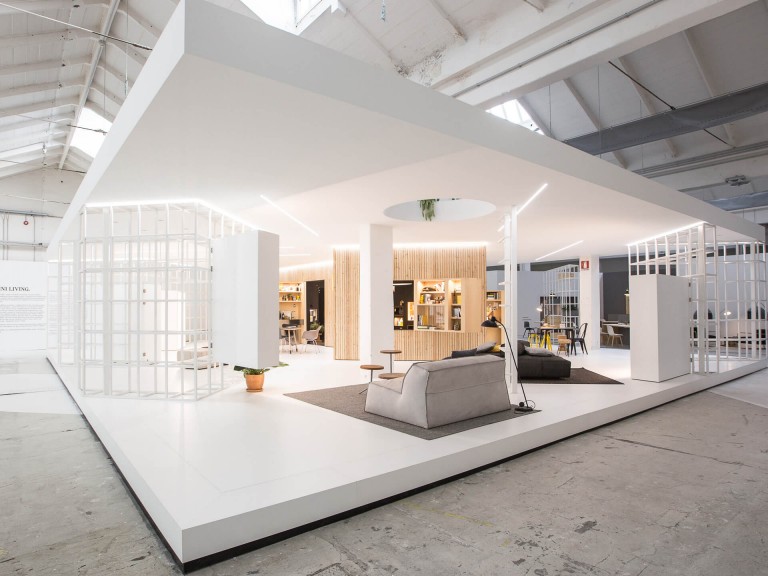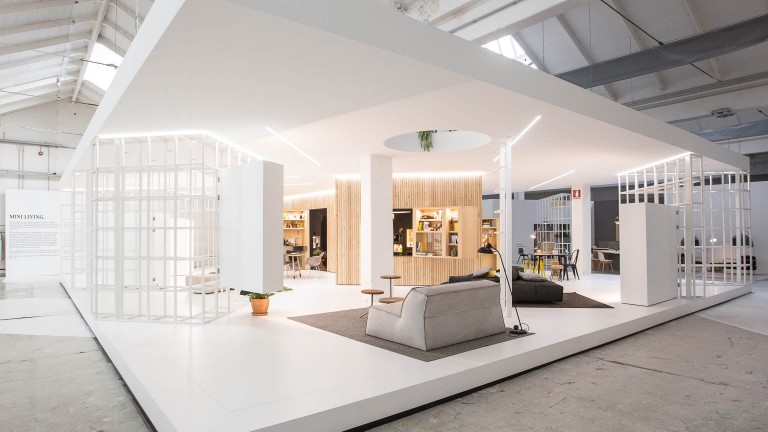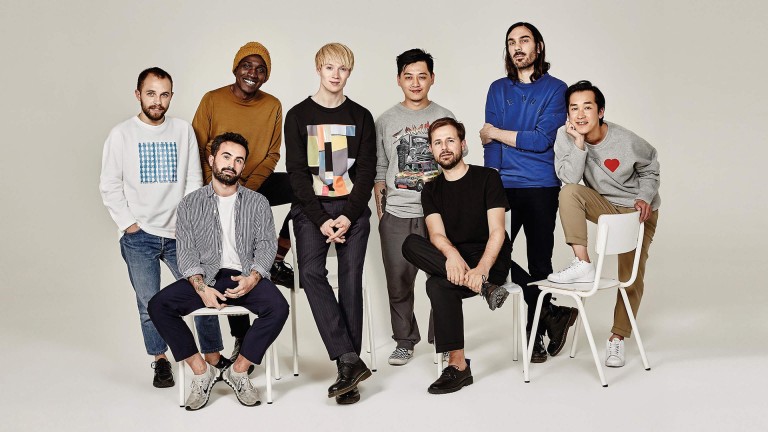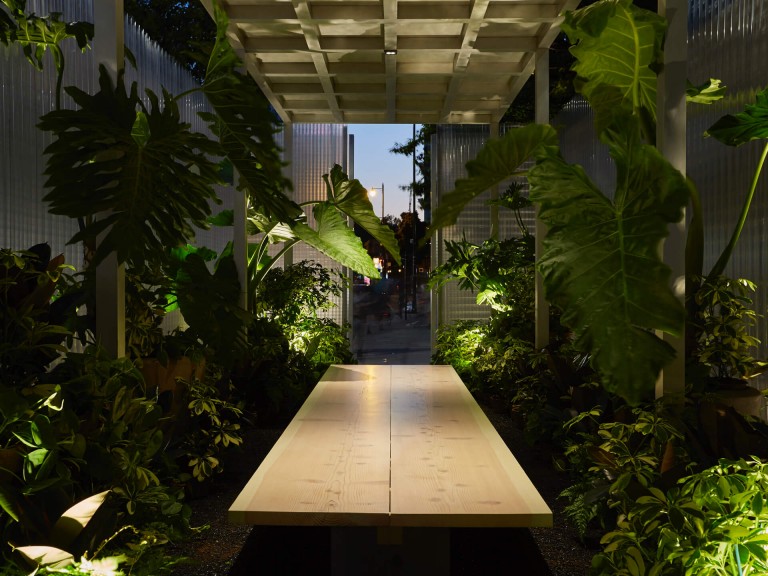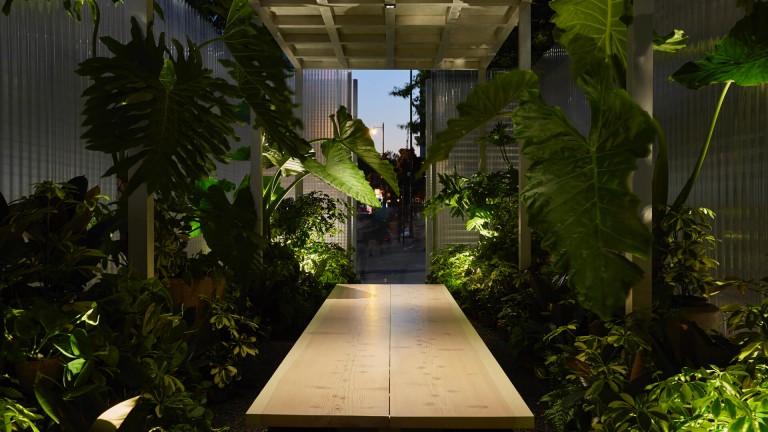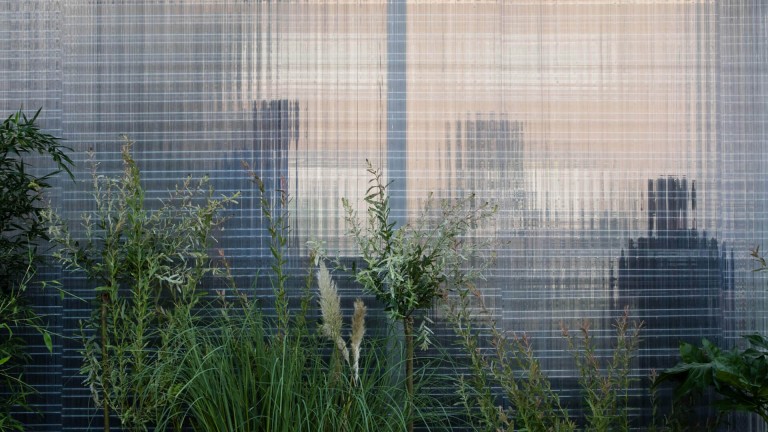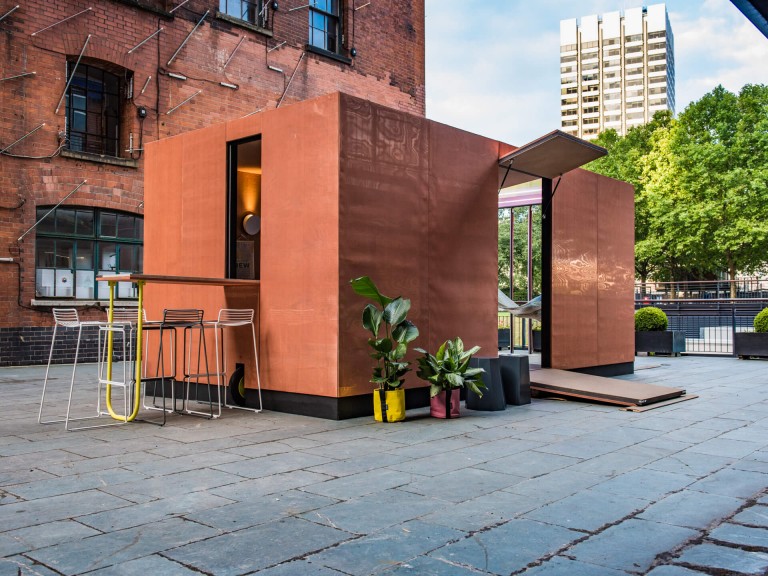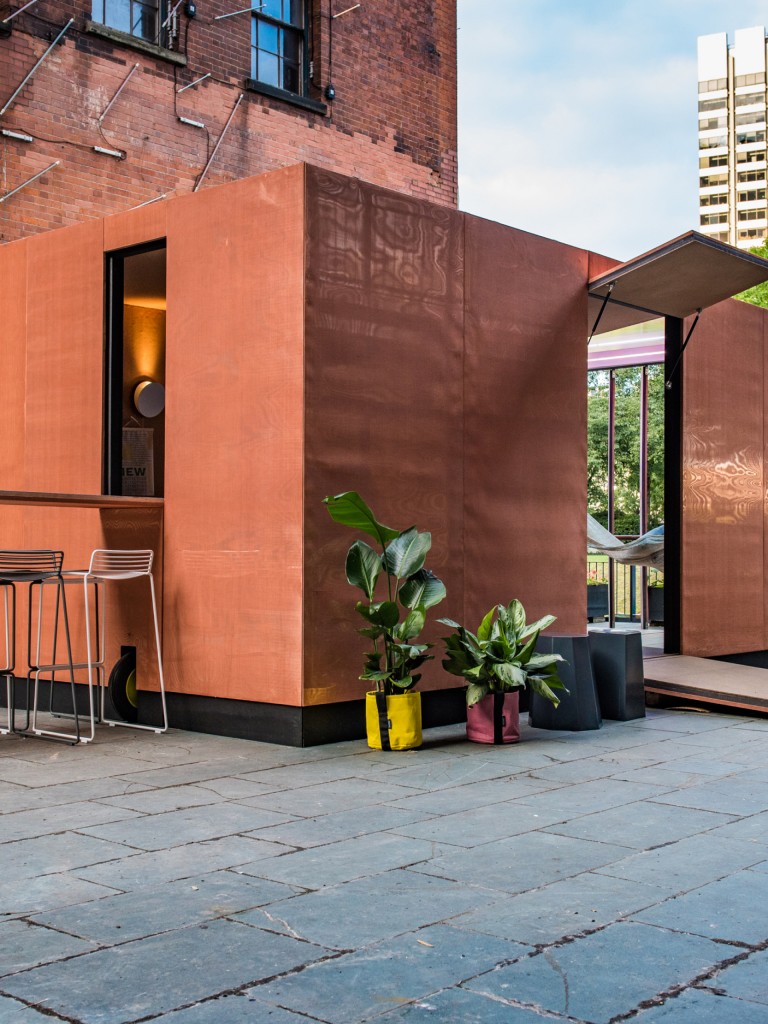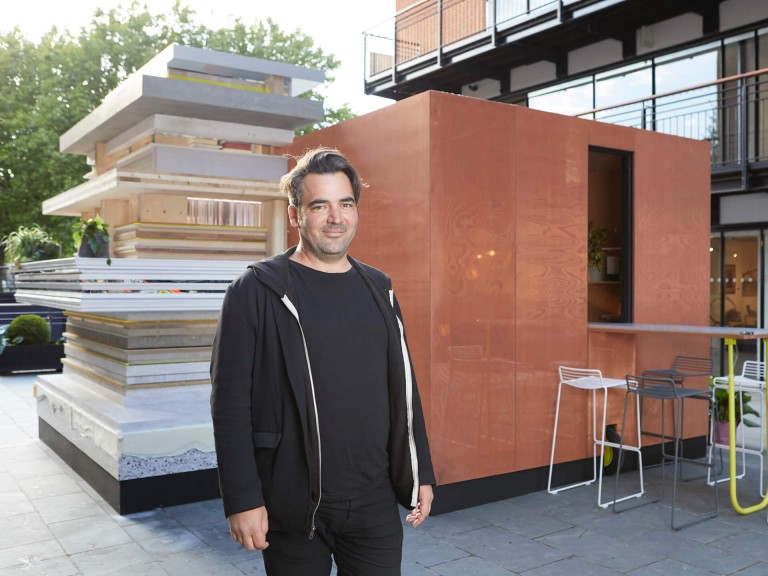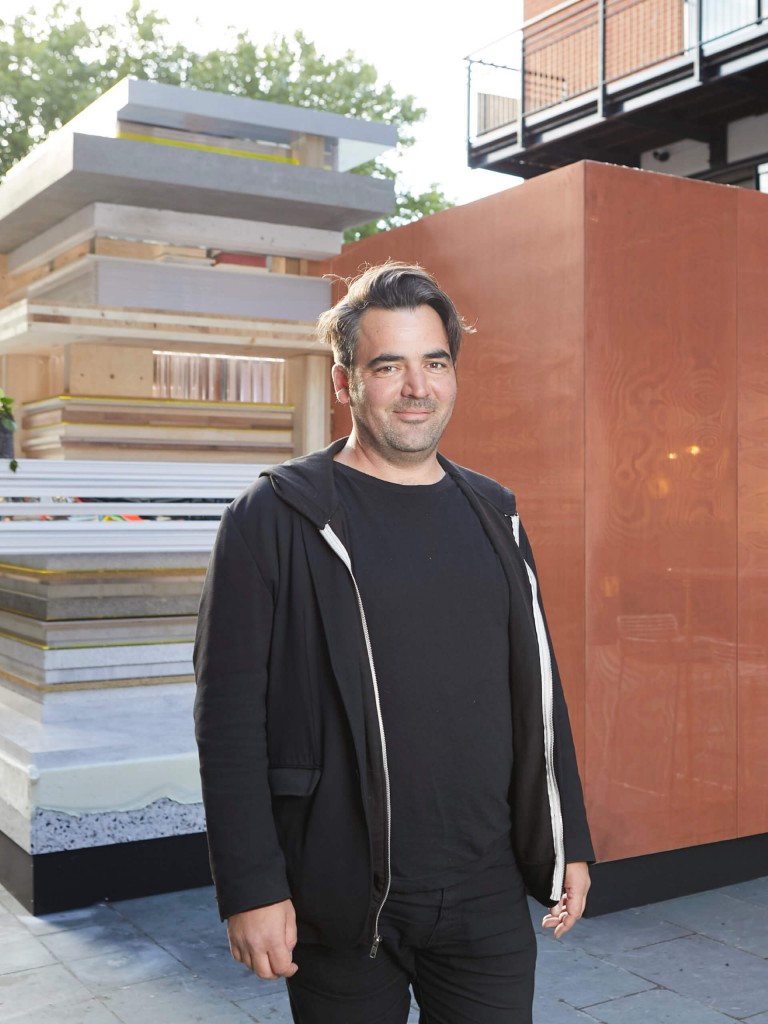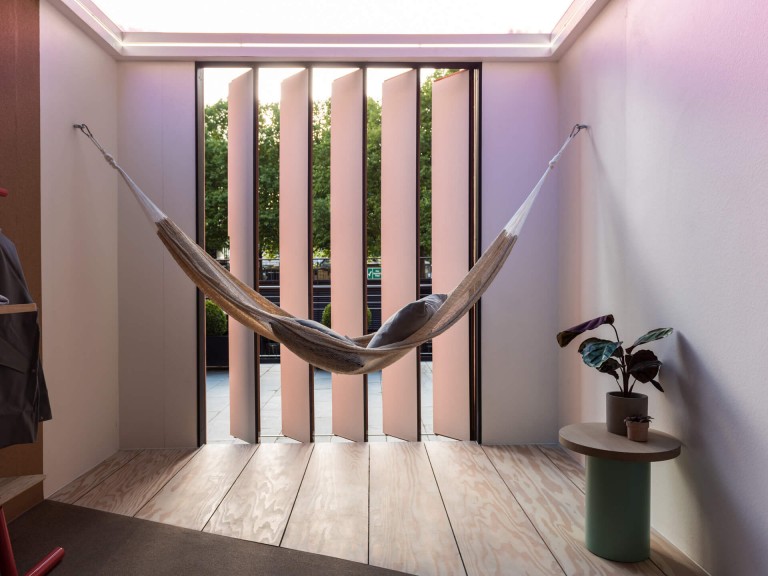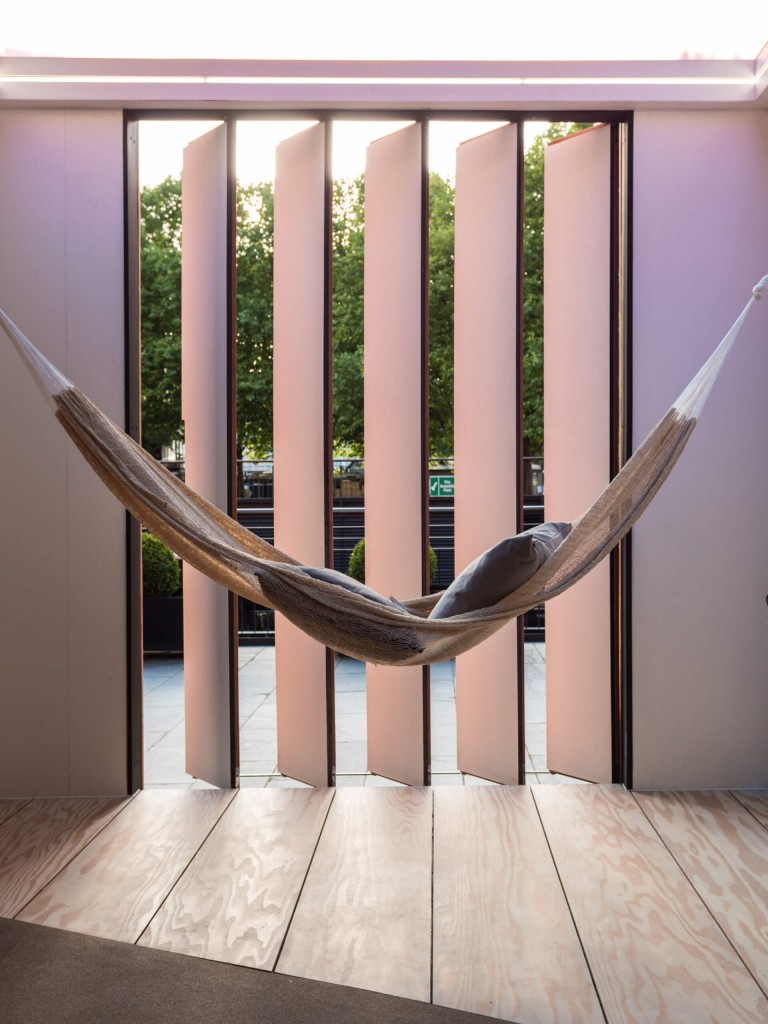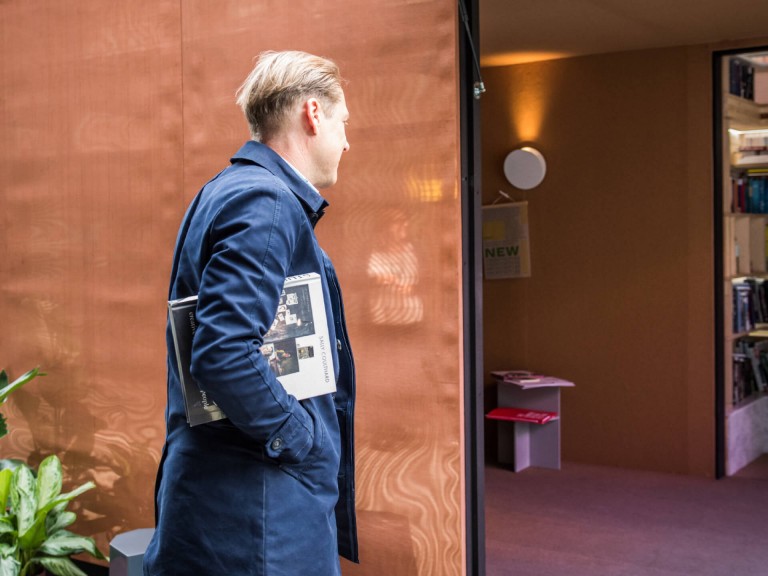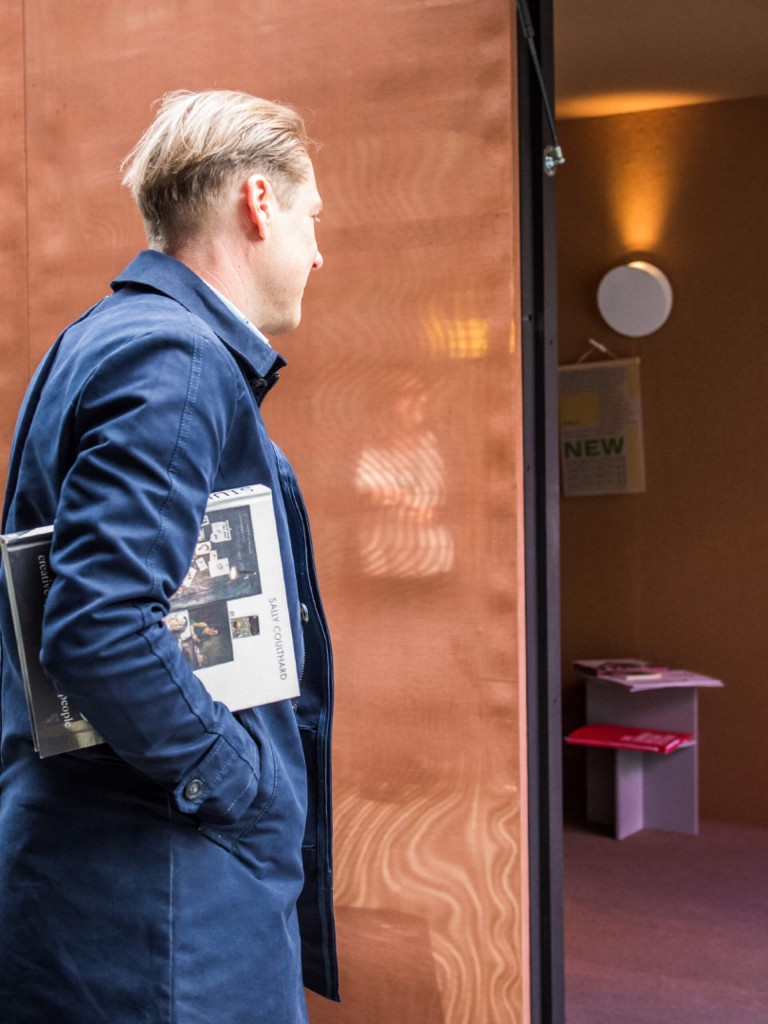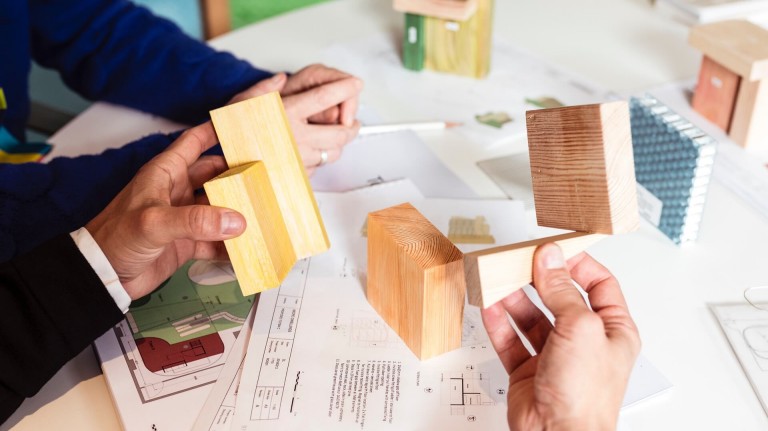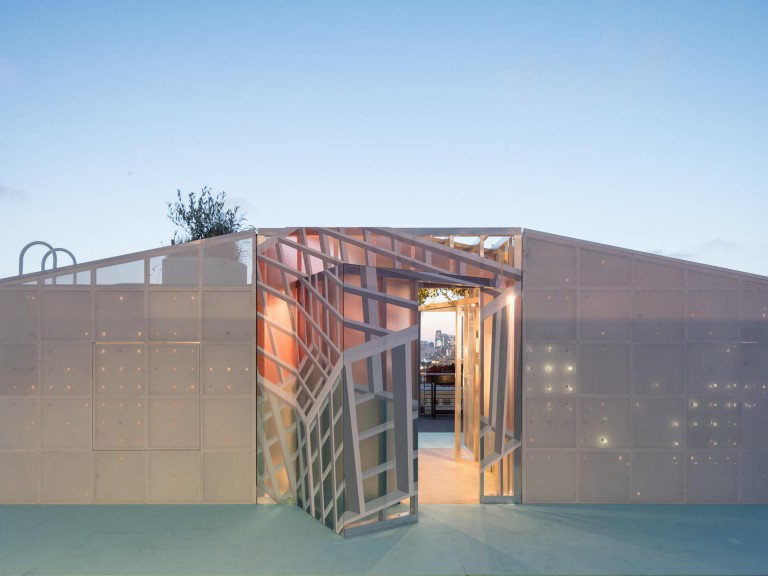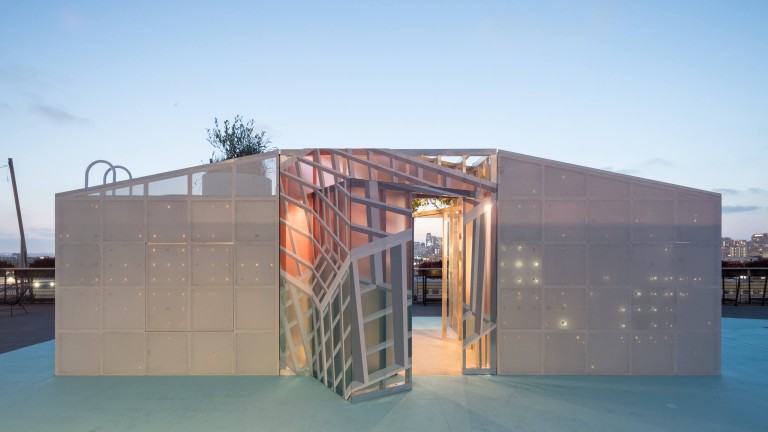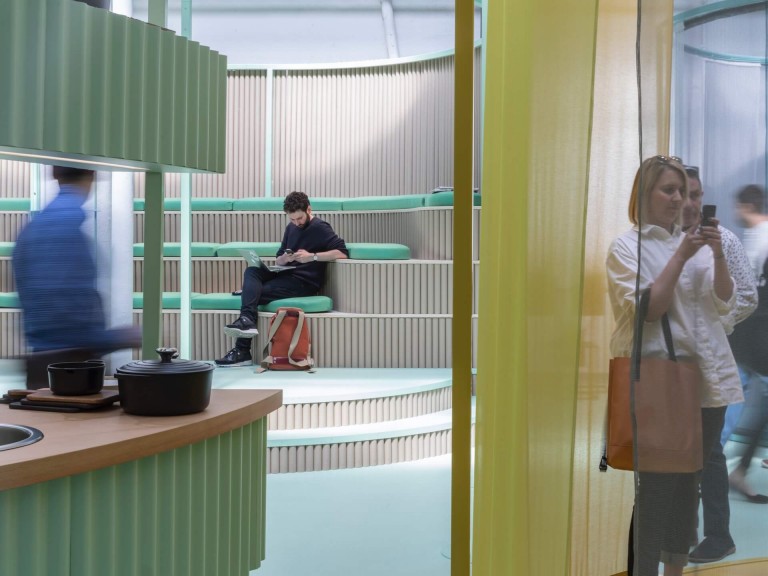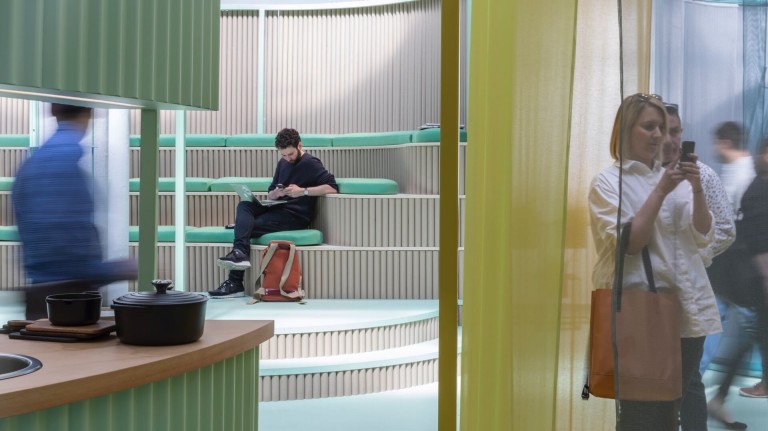Our tool for managing your permission to our use of cookies is temporarily offline. Therefore some functionality is missing.
London Design Festival 2016

Shared ways to a better urban life.
MINI Living at London Design Festival 2016.
Can we create community through architecture? MINI creates a plant exchange, a disappearing dinner, and a new 'third place' in the heart of the city.
In September 2016, MINI LIVING and Asif Khan brought 'Forests' to the city. MINI's collaboration with the London based architect saw three temporary spaces consisting of transparent rooms filled with plants and flooded with light, installed in otherwise empty spaces in London's Shoreditch district. Each of these small urban oases afforded city dwellers the chance to do something they probably don't get to do very often on the streets of Shoreditch, namely to relax, to connect, or to create. Stepping inside, the curious passer-by would discover a miniature forest of potted plants, simple furniture designed to encourage contemplation and conversation, and, most importantly, other people. As a curious hybrid between public and private space, 'Forests' brought strangers together, forging new connections between people who might otherwise have simply passed each other by.


For Asif Khan, this was exactly the point of 'Forests'. Khan is not the kind of architect who builds for the sake of building. What gets him out of bed in the morning is the idea of using architecture to bring people together, forging links between London's diverse, but often estranged communities. In his home borough of Hackney, Khan observed at least three distinct groups of people—office workers, night-time partygoers, and local business owners—living side-by-side but barely interacting with one another. For him, it's the architect's job—responsibility even—to design a way out of this alienation. Ultimately, Khan aims to do with architecture what his parents used to do as social workers—to bring outsiders in. His is an architecture of compassion.


He must have been pleased, then, with the results of MINI's intervention. Over seven days, 'Forests' became a catalyst for chance meetings between people of all walks of life. Apart from the accidental encounters that took place on the 'Relax' space's comfortable bench, or the 'Connect' space's communal table, the rooms also played host to a series of special events presented by MINI LIVING as part of the London Design Festival's programme. Locals and visitors to the festival were invited to participate in a 'plant exchange', for example, to take home a plant from the room—a selection curated by Jin Ahn of Hackney's Conservatory Archives—in exchange for one they'd grown themselves. The Disappearing Dining Club—a London collective dedicated to creating eating experiences in unusual urban settings—presented a pop-up dinner party at the 'Create' space. Watching East Londoners happily swapping ferns and fig trees, or sharing a meal together in what, just a week before, had simply been another urban no man's land between work and home, it seemed as though Khan and MINI had not so much created a new space, as made people realise they were already sharing one.
ANOTHER URBAN NO MAN'S LAND BETWEEN WORK AND HOME.

According to Oke Hauser, Creative Lead MINI LIVING, this is exactly what urban architecture ought to be doing in the 21st century. As Hauser explained during a public discussion held at the 'Create' installation, 'these spaces enable you to extend your personal life into the urban realm, activate the city as a whole, and rethink existing domestic scenarios, because urban life is changing and we must design for it.'
MINI's contribution to the London Design Festival was, first and foremost, about getting people to think differently about the city, and to think of themselves as inhabitants of the city—not just as people moving through it to get from A to B. As such, the collaboration with Khan was the perfect embodiment of MINI's philosophy that the solution to our urban blues consists of using the available space creatively and sharing that space with our neighbours. 'When you share', Hauser explained, 'you get more'. While advertisements for flats in new high-rise apartment buildings promise us exclusive lifestyles, 'Forests' offered something quite different and ultimately much better—an inclusive life.



